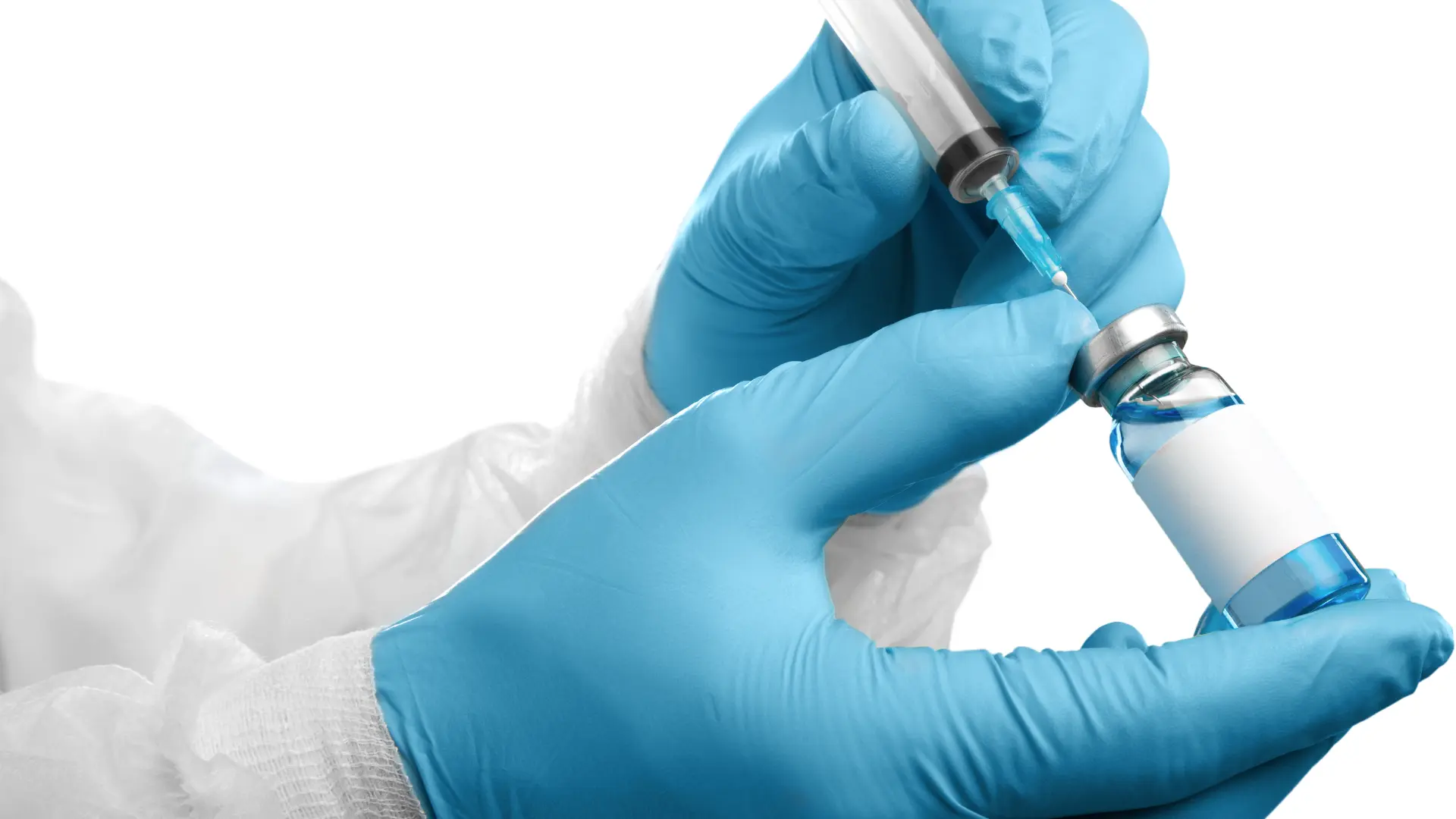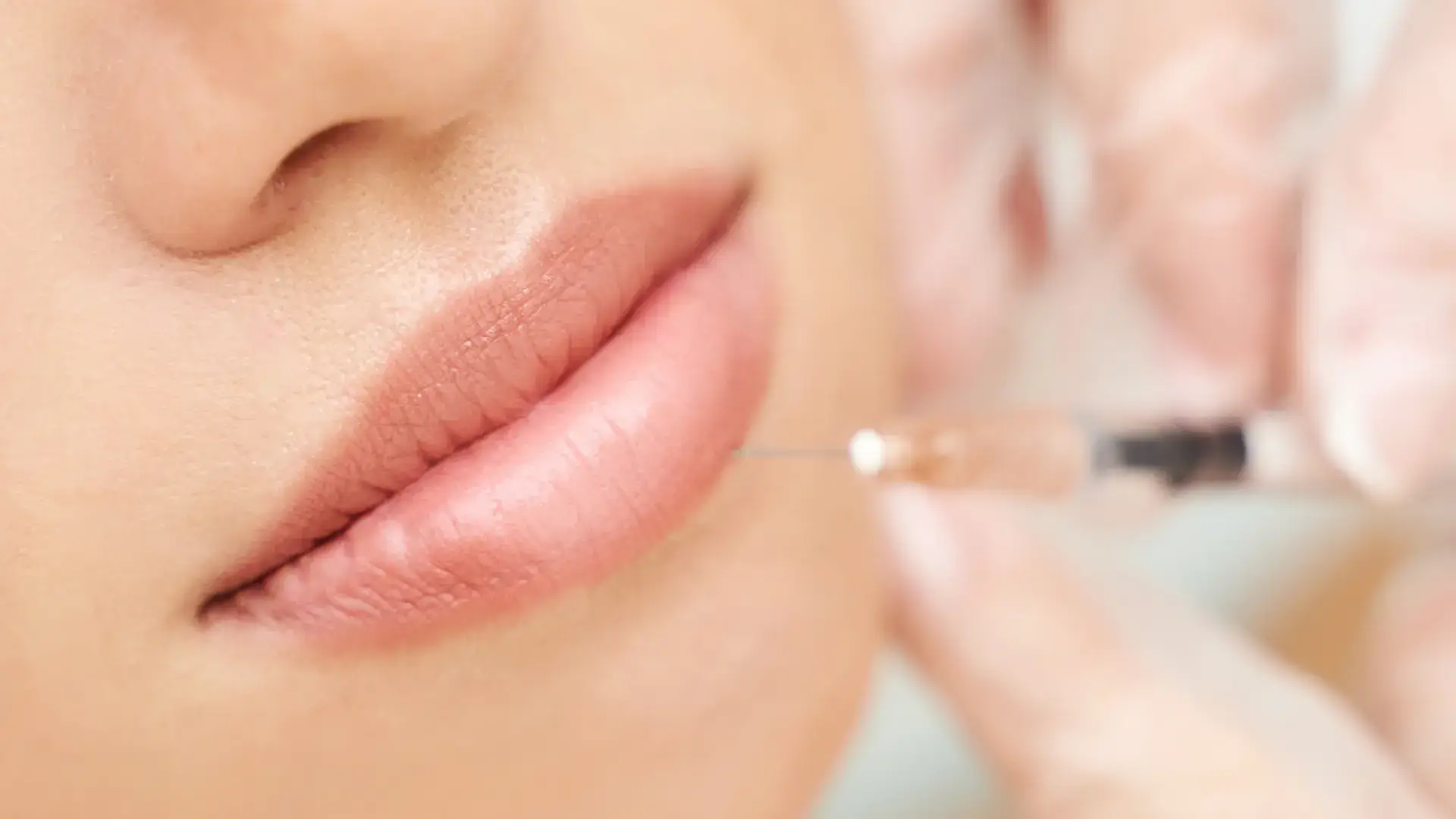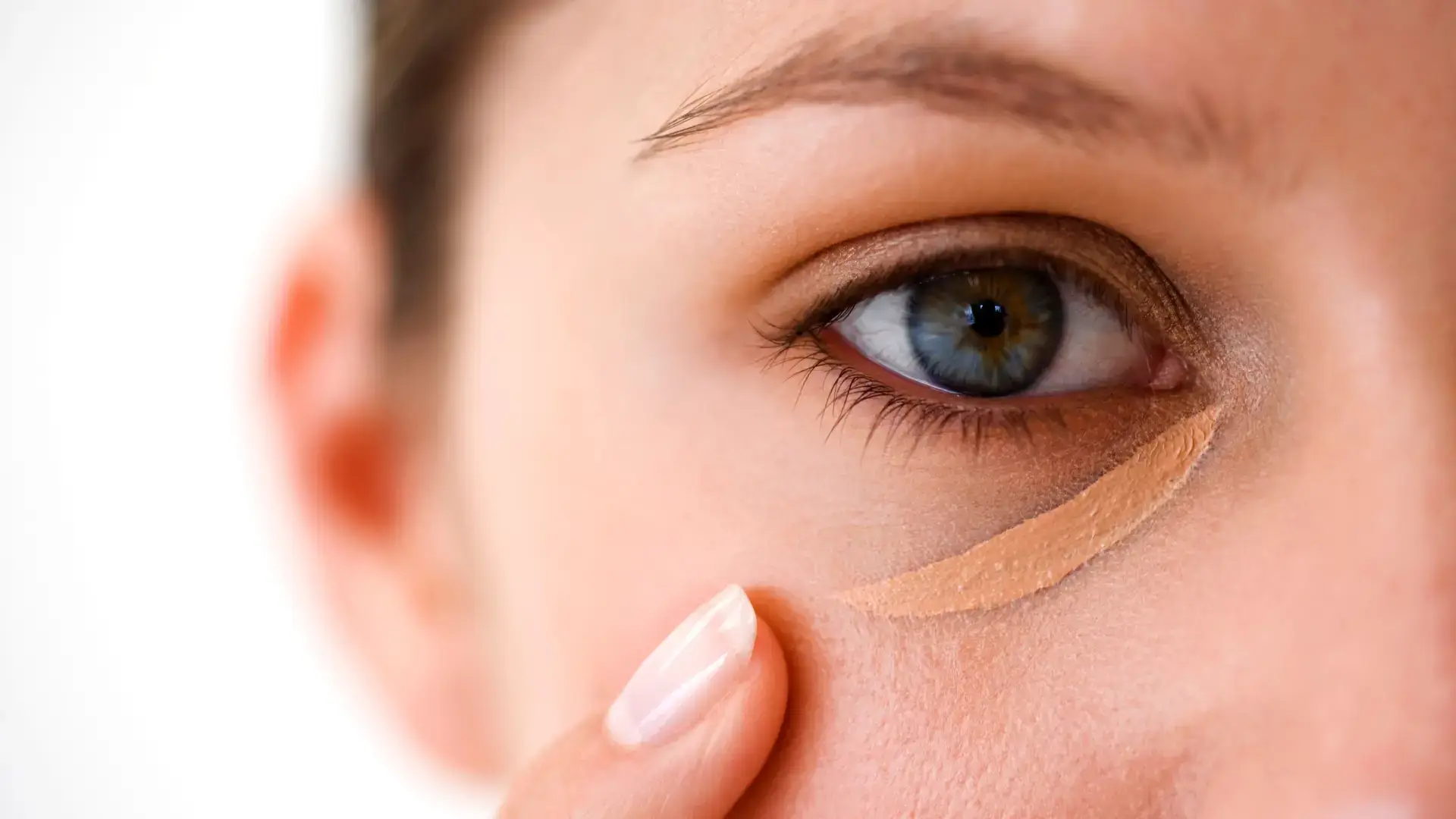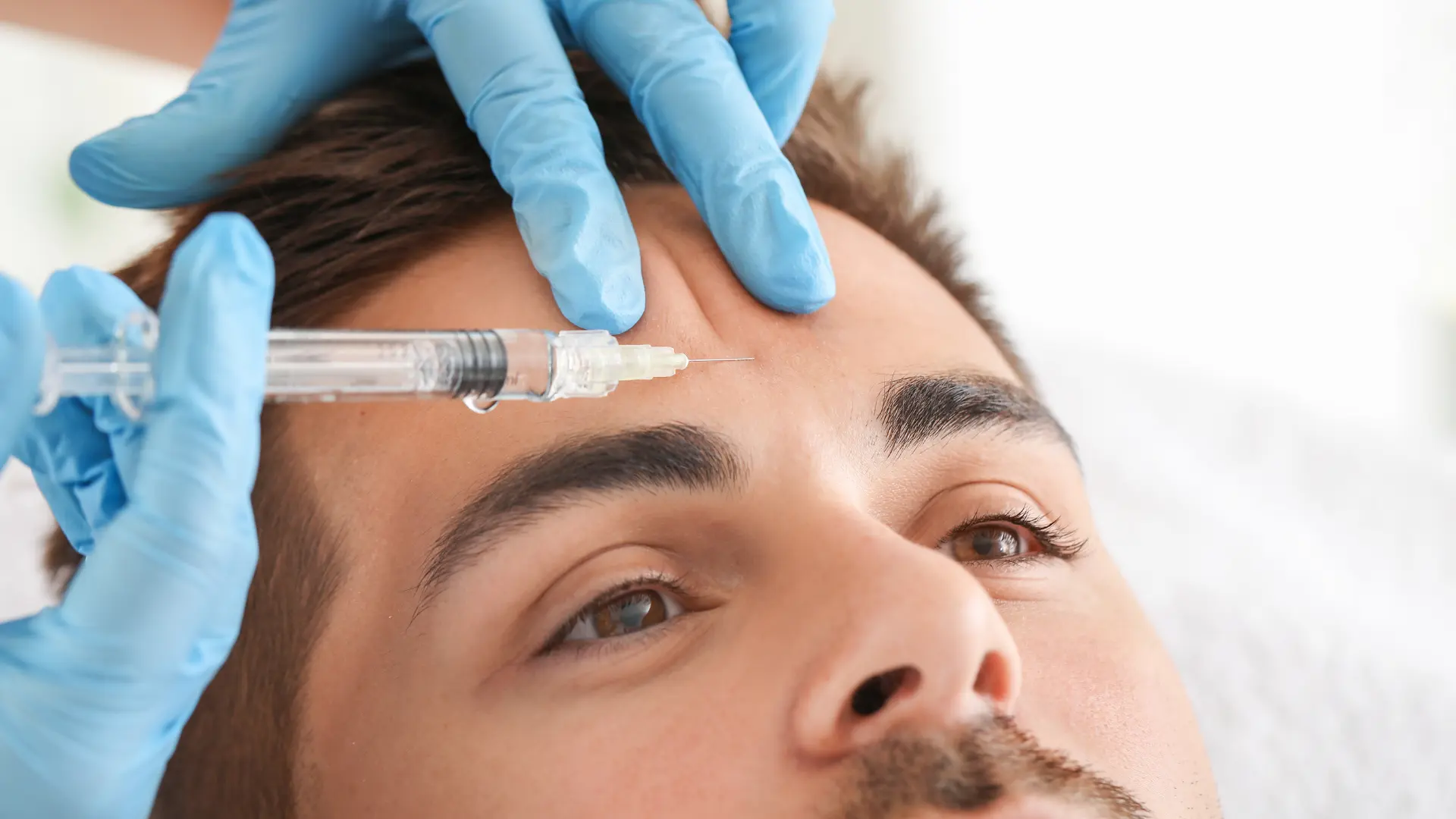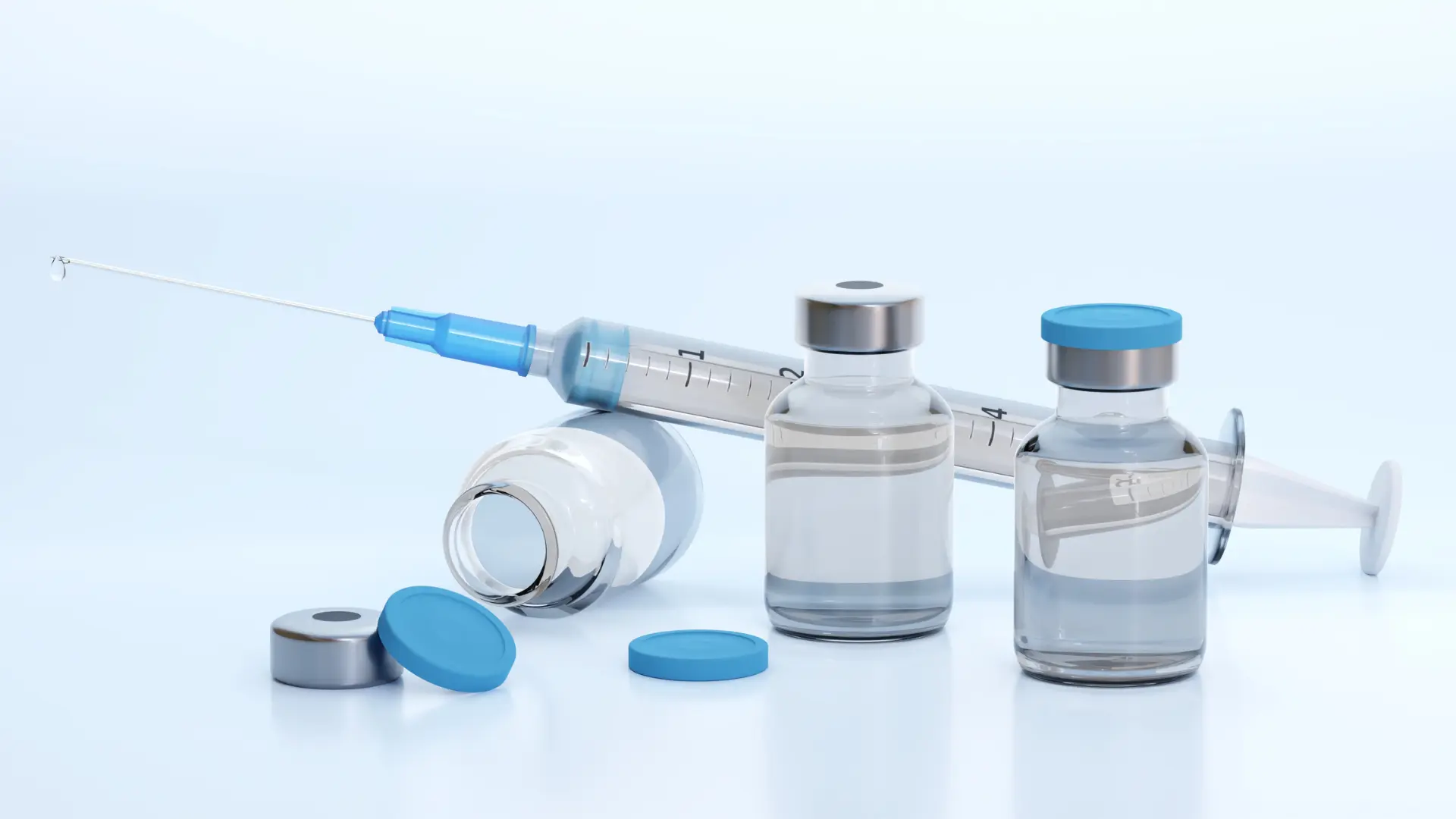Injectable filling agents have significantly influenced the field of aesthetic medicine over the years. For several decades, healthcare providers have used these agents to address various skin-related concerns effectively. As aesthetic medicine has advanced, there has been a noticeable increase in patients opting for soft-tissue fillers.
Among these fillers, hyaluronic acid dermal fillers stand out as a popular non-surgical option for individuals seeking facial enhancements. Revanesse, with its unique formulation, has demonstrated considerable potential in rejuvenating patients’ appearances, offering a youthful look without the need for surgery.
This article will explore Revanesse’s FDA approval, the clinical trials and studies that led to it, the regulatory process, and the criteria Revanesse met to gain FDA approval.
Key Takeaways
- For dermal fillers capitalizing on hyaluronic acid, calcium hydroxylapatite, or poly-L-lactic acid, manufacturers must undergo this US FDA approval process to ensure a safe and effective product.
- It’s worth noting that Revanesse products, such as Versa+ and Lips+, have received US FDA approval.
- Revanesse products have undergone several clinical trials before receiving the US FDA approval.
- Revanesse products received the green light due to their proven safety and effectiveness as injectables for correcting facial wrinkles and folds and addressing lip augmentation concerns.
- Rigorous monitoring ensures patient safety and informs any necessary adjustments to product information or usage guidelines.
About: Medica Depot is your trusted all-in-one supplier, offering a range of high-quality medical injectables and supplies. Buy Revanesse online at Medica Depot today! Whether for health professionals, plastic surgeons, dermatologists, licensed estheticians, or other specialists, we can offer genuine, brand-name products you may need. With Medica Depot, we prioritize serving you better to improve the patient’s quality of life.
The FDA Approval Process for Dermal Fillers

The Revanesse FDA approval and CE mark have proven their safety and efficacy as a hyaluronic acid (HA) dermal filler line. The US Food and Drug Administration’s approval of dermal fillers backs on rigorous data evaluation from controlled clinical trials. These studies are vital in assessing the safety and effectiveness of these injectable fillers when injected into the facial and other body regions.
The specific requirements for dermal fillers to achieve the US FDA approval lie in the approval process. For dermal fillers capitalizing on HA, calcium hydroxylapatite, or poly-L-lactic acid, manufacturers must undergo this US FDA approval process to ensure a safe and effective product.
- Discovery/Concept: Initial research and development.
- Preclinical Research: Testing in animals to assess safety and efficacy.
- Clinical Research: Human trials in phases (Phase 1, Phase 2, and Phase 3) to evaluate safety and effectiveness.
- FDA Review: The FDA evaluates data and decides whether to approve the drug.
- FDA Post-Market Safety Monitoring: Monitoring after approval to ensure safety and efficacy.
It’s worth noting that Revanesse products, such as Versa+ and Lips+, have received US FDA approval. With this approval, medical professionals often trust brands and products as they undergo rigorous studies.
Clinical Trials and Studies Leading to FDA Approval
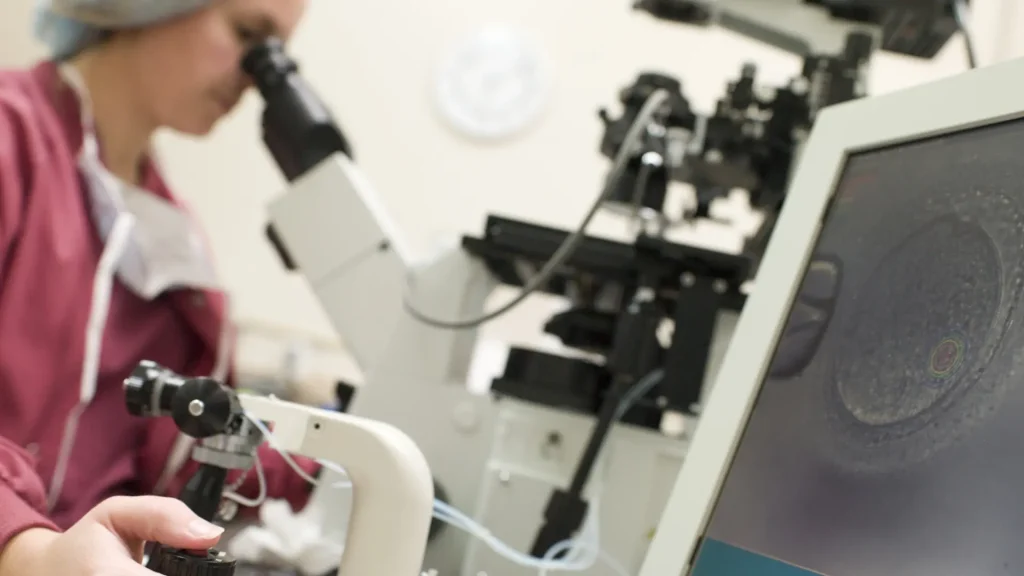
These clinical trials evaluate the safety and efficacy of new drugs and biologics. They frequently involve human subjects and follow specific protocols. Researchers meticulously observe participants during these trials, gather data, and analyze outcomes. Revanesse products underwent several trials before receiving US FDA approval.
The main clinical study, which involved subjects seeking correction of facial wrinkles and creases, revealed that Revanesse Versa was non-inferior to the comparator. Moreover, the mean change in the Wrinkle Severity Rating Scale was 1.02 with the Revanesse Versa+ treatment and 0.91 with the comparator treatment. This highlights the efficacy of Revanesse in addressing facial aging signs.
Another study demonstrated that the injection site’s Treatment-Emergent Adverse Events (TEAEs) resolved during the study, with most of them subsiding in less than a week (81.5% [308/378] with Revanesse Versa and 85.0% [470/553] with comparator). Most events (76.7% with Revanesse Versa and 71.2% with the comparator) did not necessitate treatment.
A clinical study comparing Revanesse Lips+ to an approved dermal filler for lip augmentation found that Lips+ was non-inferior. Various analyses supported the results, and both treatments showed high success rates and patient satisfaction.
These clinical trials and studies directly inform the FDA about the safety and efficacy of the products and also include comparing them to other existing treatments or placebo. Moreover, researchers track adverse events and report them to the FDA for more comprehensive decision-making.
Regulatory Criteria Met by Revanesse for FDA Approval
Prollenium Medical Technologies, Inc. manufactures Revanesse products and develops their unique hyaluronic acid (HA) gel solution with lidocaine. It offers a biocompatible, biodegradable, and sterile injectable gel that delivers correction of facial aging signs and enhances facial features. The abovementioned clinical trials and other studies were submitted to the US FDA for approval.
Revanesse products received the green light due to their proven safety and effectiveness as injectables for correcting facial wrinkles and folds and addressing lip augmentation concerns. According to the US FDA, medical professionals can administer Revanesse Versa+ and Lips+ to individuals 22 years and older.
While many aesthetic injectable fillers have received US FDA approval, some products have yet to undergo rigorous trials to prove their safety. Revanesse FDA approval underscores that the injectables’ formulation, incorporating hyaluronic acid and lidocaine, aligns with industry best practices.
Revanesse Versa+ and Lips+’ biocompatibility, sterility, and non-pyrogenic nature ensure patient well-being. By adhering to these criteria, Revanesse provides a reliable option for aesthetic enhancement.
Post-Marketing Surveillance and Reported Side Effects
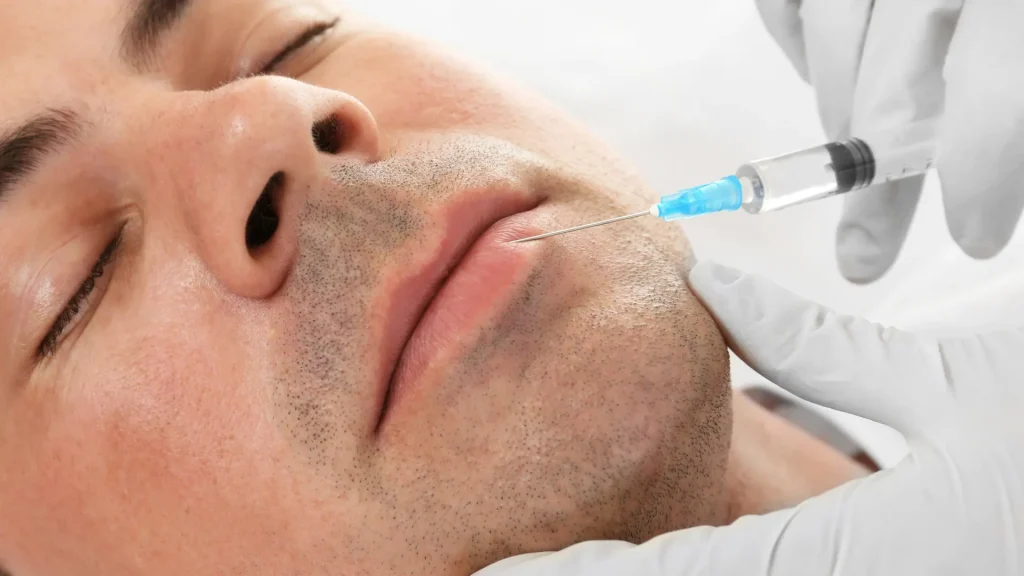
After the Revanesse FDA approval, the administration maintains a system of post-marketing surveillance to identify adverse events that may not have emerged during the approval process. Ongoing monitoring is crucial in safety reports, in which experts evaluate, detect safety signals, and monitor drug safety.
The postmarket surveillance of Revanesse Versa+ and Versa includes the following adverse events (AEs) with five or greater instances in the United States:
- Swelling
- Bruising
- Lumps
When necessary, treatment options include massage, cold compresses, analgesics, antibiotics, antihistamines, topical steroids, oral corticosteroids, and enzymatic degradation using hyaluronidase. Due to their identical formulation, Revanesse Versa+ and Lips+ have similar post-market surveillance data.
Additionally, delayed-onset inflammation near the site of dermal filler injections is one of the known AEs associated with dermal fillers. Fortunately, the inflammation either responded well to treatment or resolved spontaneously.
Rigorous monitoring ensures patient safety and informs any necessary adjustments to product information or usage guidelines. Medical professionals and patients must continue to report unexpected AEs to help ensure the prolonged safety and efficacy of Revanesse products.
Conclusion
The Revanesse FDA approval, including Versa+ and Lips+, underscores their safety, efficacy, and adherence to stringent regulatory criteria. The rigorous evaluation process, from preclinical research to clinical trials, has provided comprehensive data on their biocompatibility, effectiveness in addressing facial aging signs, and patient well-being.
These products have met the US FDA’s safety standards, making them a reliable option for aesthetic enhancement. Thorough post-market surveillance and monitoring of reported side effects further contribute to the overall confidence in the safety profile of Revanesse dermal fillers among medical professionals and individuals seeking aesthetic treatments.
FAQs
1. What is the FDA approval status of Revanesse dermal fillers?
Revanesse dermal fillers, including Versa+ and Lips+, have received FDA approval.
2. What are the regulatory criteria Revanesse met for FDA approval?
Revanesse products met the US FDA’s safety, effectiveness, biocompatibility, and sterility criteria.
3. What are the main results from the clinical trials of Revanesse dermal fillers leading to FDA approval?
The clinical trials demonstrated Revanesse Versa and Lips+’s non-inferiority compared to other treatments, highlighting their efficacy in addressing facial aging signs and lip augmentation concerns. Adverse events were monitored and resolved, contributing to the overall safety assessment of the products.
References
- 1. Eppley, B. L., & Dadvand, B. (2006). Injectable soft-tissue fillers: clinical overview. Plastic and reconstructive surgery, 118(4), 98e–106e. https://doi.org/10.1097/01.prs.0000232436.91409.30
- REVANESSE ® VERSATM+ PROFESSIONAL DIRECTIONS FOR USE. (n.d.). Revanesse.com. Retrieved July 25, 2024, from https://revanesse.com/wp-content/uploads/2024/06/PN13582-Rev-06-Revanesse-Versa-Professional-Directions-for-Use.pdf
